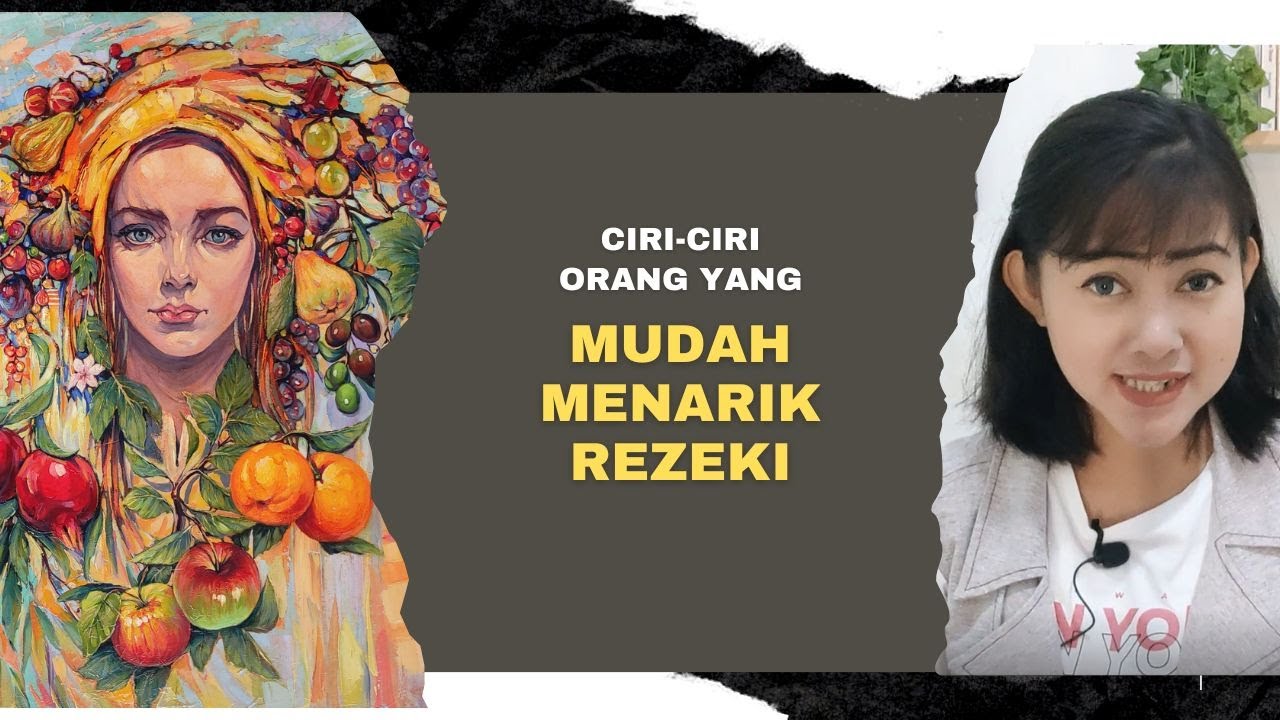Growth Mindset Beliefs
Summary
TLDRStanford's Carol Dweck introduces the growth mindset, contrasting it with a fixed mindset. The growth mindset emphasizes that abilities can be developed through hard work, fostering a love for learning and resilience. It views effort as a path to growth, setbacks as learning opportunities, and feedback as a tool for improvement. Conversely, a fixed mindset sees skills as inherent and unchangeable, with effort indicating low ability and setbacks as failures. This mindset avoids risks and mistakes, hindering personal development.
Takeaways
- 🧠 **Growth Mindset Defined**: A mindset that embraces the belief that abilities can be developed through dedication and hard work.
- 🌟 **Success Beyond IQ**: Success is not solely determined by IQ or inherent talent; a growth mindset plays a crucial role.
- 📈 **Love for Learning**: A growth mindset fosters a love of learning and resilience, which are key to accomplishment.
- 🚀 **Greatness through Growth**: Many successful individuals demonstrate qualities associated with a growth mindset.
- 🌱 **Skills and Intelligence as Mutable**: The core belief is that skills and intelligence can be improved with effort.
- 🎯 **Goals for Learning**: Goals in a growth mindset are centered around learning and development.
- 💪 **Effort Spurs Growth**: Effort is seen as a pathway to growth and development, not a sign of low ability.
- 🔄 **Setbacks as Learning Opportunities**: Setbacks are viewed as part of the learning process that can drive further effort.
- 🔍 **Feedback as a Tool**: Feedback is welcomed as an opportunity to learn and improve.
- 🙅♂️ **Mistakes Accepted**: Mistakes are seen as opportunities for learning and growth, not as failures.
- 🔒 **Fixed Mindset Characteristics**: Belief in fixed skills and intelligence, fear of appearing unintelligent, and avoidance of effort.
- 🚫 **Avoidance of Risk**: People with a fixed mindset often avoid risks and challenges to protect their perceived abilities.
- 🏆 **Talent Alone is Not Enough**: Success requires effort and development beyond innate talent.
Q & A
What is the main idea presented by Carol Dweck in her research?
-Carol Dweck's research emphasizes the importance of the growth mindset, which is the belief that one's abilities can be developed through dedication and hard work, rather than being solely dependent on inherent intelligence or talent.
What is a mindset according to the transcript?
-A mindset is described as a setting of the mind, consisting of assumptions, methods, or beliefs that shape our interpretation of the world.
How does the growth mindset view intelligence and skills?
-The growth mindset views intelligence and skills as being malleable and capable of being developed and improved through hard work and dedication.
What is the significance of having a growth mindset for achieving success?
-Having a growth mindset is significant for success because it fosters a love of learning, resilience, and the ability to embrace challenges and persist in the face of setbacks.
What are the core beliefs of someone with a growth mindset?
-A person with a growth mindset believes that skills and intelligence can be developed, goals are for learning and development, effort leads to growth, setbacks are opportunities to learn, and feedback is a chance to improve.
What is the opposite of a growth mindset?
-The opposite of a growth mindset is a fixed mindset, which assumes that skills and intelligence are fixed and cannot be changed.
How does a fixed mindset view effort and setbacks?
-A fixed mindset views effort as undesirable, something only those with low ability need to do, and setbacks as evidence of weakness.
What is the primary goal of someone with a fixed mindset?
-The primary goal of someone with a fixed mindset is to appear smart or avoid appearing unintelligent, rather than focusing on learning and development.
How does the transcript suggest people with a fixed mindset handle feedback and mistakes?
-People with a fixed mindset tend to take feedback personally and ignore it, and they hate and avoid mistakes at all costs.
What does the transcript imply about the relationship between talent and success?
-The transcript implies that talent alone is not sufficient for success; effort and the willingness to learn and grow are also crucial.
How does the transcript describe the approach of people with a fixed mindset towards risks?
-People with a fixed mindset prefer to play it safe rather than take risks, as they fear failure and the potential loss of perceived intelligence or talent.
Outlines

Cette section est réservée aux utilisateurs payants. Améliorez votre compte pour accéder à cette section.
Améliorer maintenantMindmap

Cette section est réservée aux utilisateurs payants. Améliorez votre compte pour accéder à cette section.
Améliorer maintenantKeywords

Cette section est réservée aux utilisateurs payants. Améliorez votre compte pour accéder à cette section.
Améliorer maintenantHighlights

Cette section est réservée aux utilisateurs payants. Améliorez votre compte pour accéder à cette section.
Améliorer maintenantTranscripts

Cette section est réservée aux utilisateurs payants. Améliorez votre compte pour accéder à cette section.
Améliorer maintenant5.0 / 5 (0 votes)






